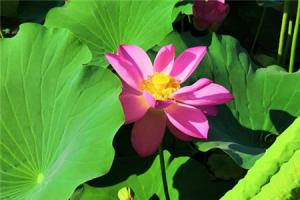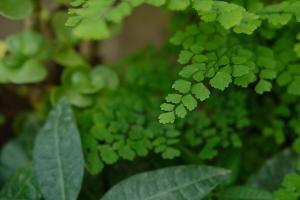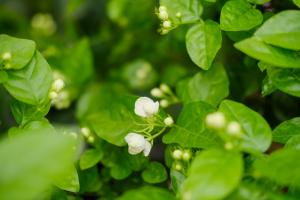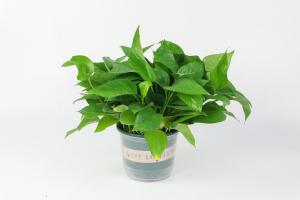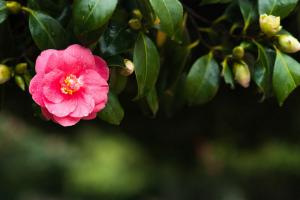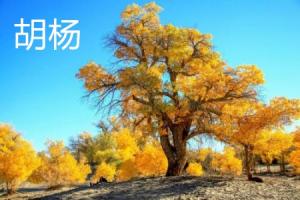Where to Plant Mayhaw Trees
Mayhaw trees are native to the southern United States, particularly Mississippi, Louisiana, and Texas. They can also be found in the southeastern portions of Oklahoma and Arkansas. These trees have become popular over the years due to their delicious fruit that is used to make jellies and jams. If you are considering planting mayhaw trees, there are a few things to consider when choosing the right location.
Soil Conditions
Mayhaw trees prefer soil that is moist, acidic and well-drained. They are often found growing in swampy regions and along the banks of rivers and streams. If you have a low lying area that is prone to flooding, planting mayhaw trees can be a good option. If your soil tends to dry out quickly, consider planting near a water source that can provide consistent moisture.
Sunlight
Mayhaw trees require full sunlight to produce high yields of fruit. They typically need at least six hours of direct sunlight per day. If you are planting in an area that receives less sunlight, you may experience reduced fruit production. It is also important to note that mayhaw trees should not be planted in areas that are shaded by other trees or structures.
Climate
Mayhaw trees are best suited for climates with mild winters and long, hot summers. They can tolerate temperatures down to around 10°F, but extended periods of below freezing temperatures can cause damage to the trees. If you live in an area with harsh winters, it is important to provide protection for your mayhaw trees during cold spells. Additionally, high humidity is beneficial for the growth and production of these trees, so planting them in areas with high moisture levels can be beneficial.
Pollination
Mayhaw trees are not self-pollinating, so you will need at least two trees to ensure proper pollination and fruit production. For optimal fruit production, it is recommended to plant multiple varieties of mayhaw trees. Pollination can occur naturally through wind and insects, but you can also cross-pollinate by hand if necessary.
Conclusion
In conclusion, mayhaw trees are a great addition to any garden or landscape. They are easy to grow and provide delicious fruit that can be used in a variety of ways. When planting mayhaw trees, it is important to consider soil conditions, sunlight, climate, and pollination. With the right care and attention, you can enjoy an abundant harvest of mayhaw fruit for many years to come.

 how many times do yo...
how many times do yo... how many planted tre...
how many planted tre... how many pine trees ...
how many pine trees ... how many pecan trees...
how many pecan trees... how many plants comp...
how many plants comp... how many plants can ...
how many plants can ... how many plants and ...
how many plants and ... how many pepper plan...
how many pepper plan...
